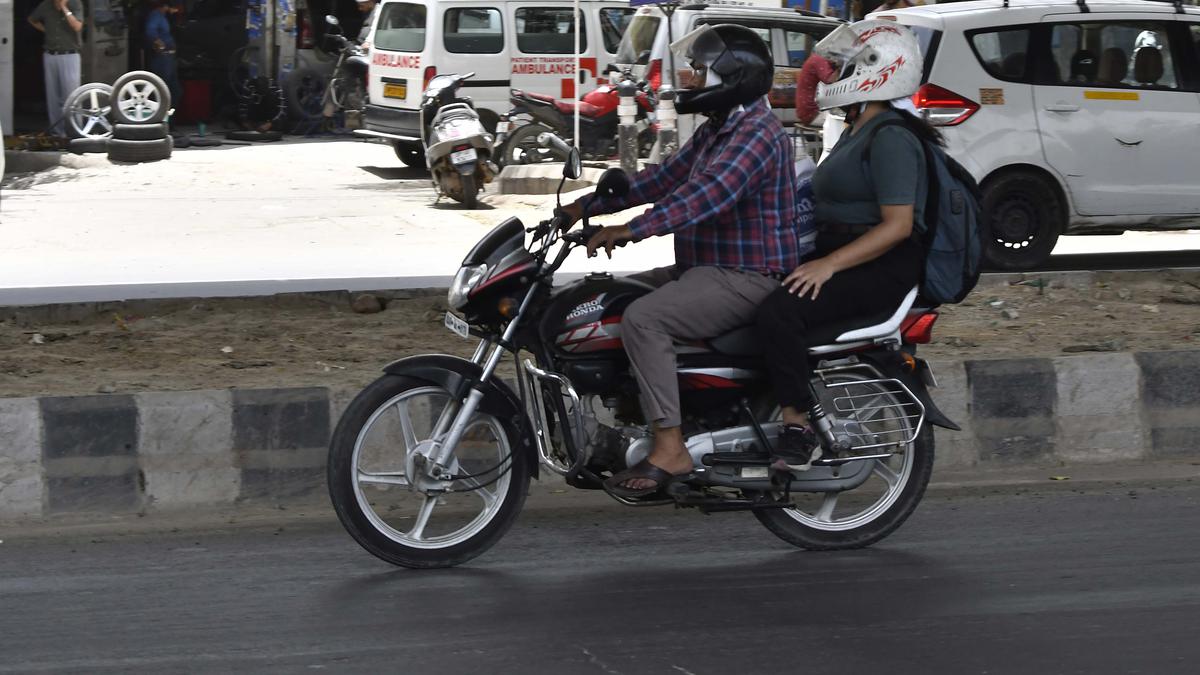
Citizens dependent on bike taxis say SC ban could increase their expenses
The Hindu
The Supreme Court’s ban on bike taxi services in Delhi has impacted not only the aggregators and riders, but also regular users for whom this was an affordable mode of inter-city travel.
The Supreme Court’s ruling on Monday barring bike taxi services in the city has hurt not only aggregators and riders but also regular users of this affordable mode of inter-city travel.
Many people The Hindu spoke to said they are dismayed by the decision, adding that they plan to use metro and e-rickshaw services now for last-mile connectivity.
Shruti, 20, an intern in a private company, said she used to take bike taxis almost daily from the metro station near her workplace to home.
“Now, I would have to take an auto or e-rickshaw which, I feel, will create problems. Their fares fluctuate depending on the weather and the traffic.
“Another concern would be safety; unlike unauthorised vehicles, details of the rider and the vehicle are provided on the bike tax apps,” Shruti added.
Arkoprabho Hazra, 24, a government employee, said he used to take bike taxis every other day as they were cheaper. “I will have to shift to public transport, using a mix of autorickshaws and cabs. It will cost me more.”
Prakhar, a student in Delhi University’s North Campus, highlighted how bike taxis were cost-effective, faster and easily navigated their way through traffic and narrow lanes.

Senior CPI(M) leader A.K. Balan, who was removed from the party central committee at the 24th Party Congress in Madurai late last week in accordance with the age cap of 75 years for party positions, made a poignantly reflective Facebook post on Saturday, recalling his early years in the party and also stating, figuratively, that he is on the verge of yet another eviction – from the AKG Flat this time.





















 Run 3 Space | Play Space Running Game
Run 3 Space | Play Space Running Game Traffic Jam 3D | Online Racing Game
Traffic Jam 3D | Online Racing Game Duck Hunt | Play Old Classic Game
Duck Hunt | Play Old Classic Game










